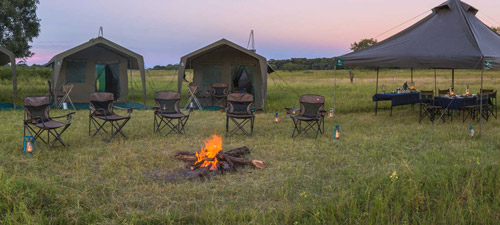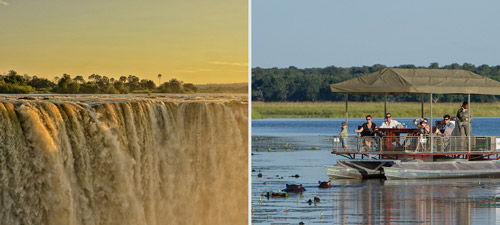On Monday, three white rhino orphans were peacefully released into their new home within the iSimangaliso Wetland Park.
Survivors of mothers who were poached for their horns in various other Kwa-Zulu Natal game reserves, the male and two females are around five years old and have formed a close bond while being cared by dedicated Ezemvelo KZN Wildlife staff.

According to iSimangaliso CEO Andrew Zaloumis, “We are very pleased that we can offer these three orphans a new home and brighter future. As a Park undertaking major ecosystems restoration, iSimangaliso offers an ideal habitat for them. The reintroduction of historically occurring species is a critical part of this. Despite the severe drought in KZN, there are parts of iSimangaliso that have received decent rainfall, providing good grass, water and a softer, friendlier refuge for the orphans. iSimangaliso has a long-term conservation partnership with Ezemvelo KZN Wildlife, which is doing an excellent job rehabilitating rhino orphans. We thank them and the Peace Parks organisation – which funded the costs of this relocation – for making this possible.”
The iSimangaliso Wetland Park World Heritage Site has undergone an extensive rewilding programme over the past 15 years, and the ongoing rehabilitation of the habitat has enabled the reintroduction of all historically occurring species into the Park – lion, wild dog, cheetah, oribi, tsessebe, buffalo, elephant, giraffe, black and white rhino – with the exception of the eland. The drought placed a hold on the last of these planned relocations, but eland are now being sourced for introduction given improved conditions. This last historic step will complete the process.
Says Zaloumis, “The restocking, management and monitoring of many of our rare and endangered species is primarily supported by participants in our Eco-Series events – like the iSimangaliso MTB 4 Day bike ride in August each year. This ‘safari from the saddle’ is the largest contributor to the Parks’ Rare and Endangered Species Fund.
These events enable visitors to engage with and discover iSimangaliso in unique ways while making a tangible difference to species conservation. Runners, riders, divers and adventurers are invited to explore the options to support conservation of rare and endangered species by participating in one of our superb annual events.”
To comment on this story: Login (or sign up) to our app here - it's a troll-free safe place 🙂.![]()
HOW TO GET THE MOST OUT OF AFRICA GEOGRAPHIC:
- Travel with us. Travel in Africa is about knowing when and where to go, and with whom. A few weeks too early / late and a few kilometres off course and you could miss the greatest show on Earth. And wouldn’t that be a pity? Browse our ready-made packages or answer a few questions to start planning your dream safari.
- Subscribe to our FREE newsletter / download our FREE app to enjoy the following benefits.
- Plan your safaris in remote parks protected by African Parks via our sister company https://ukuri.travel/ - safari camps for responsible travellers






